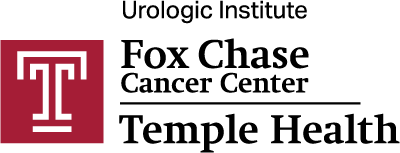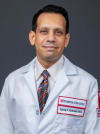An Overview of Common Complications with Structural Heart Disease
Show Overview
- Suyog A. Mokashi, MD, director of the Aortic Surgery Program at Temple University Hospital, discusses how TAVR is an effective and safe treatment option for patients experiencing aortic stenosis and other structural diseases of the heart
- Data shows that patients in Philadelphia and surrounding counties are significantly undertreated for aortic stenosis, despite the treatment options available and poor prognosis if left untreated.
- Early referral to a structural heart program is imperative putting patients into a treatment pathway, allowing specialists to treat the condition before it becomes advanced.
Leading Treatment For Structural Heart Disease
The leading treatment option for AS and other structural diseases is transcatheter aortic valve replacement (TAVR). The overall complication rate of TAVR is relatively low -- around 4%. However, patients who experience complications have increased hospital lengths-of-stay and higher one-year mortality rates.
In this video, Suyog A. Mokashi, MD, director of the Aortic Surgery Program at Temple Health, covers major and minor vascular complications of TAVR, how to recognize them, and appropriate interventions.
Early Referral Guidelines for Better Outcomes
It is imperative for cardiologists to promptly refer patients for evaluation by structural heart specialists for Transcatheter Aortic Valve Replacement (TAVR). In Philadelphia alone, 29% of patients with aortic stenosis cases are undertreated, made more concerning by the fact that prognosis for patients with AS is more deadly than some cancers.
Early referral is key. Indications for referral include high-risk secondary diagnoses like heart failure, and patients who have moderate AS but may not be immediate candidates for surgery.
To refer a patient to this program, or to be connected with a doctor to discuss a case, please call Greg Morenko, Key Account Manager, at 267-858-1948 or Gregory.Morenko@tuhs.temple.edu.
This content was featured at CVI Philadelphia’s Echocardiography Update on January 7, 2024. This recording is intended for educational purposes and is not eligible for CME credits.
Temple Health would like to Thank CVI Philadelphia for the content of this presentation and their partnership. For more information on CVI Philadelphia and their course offerings, please visit www.CVIphiladelphia.org.


